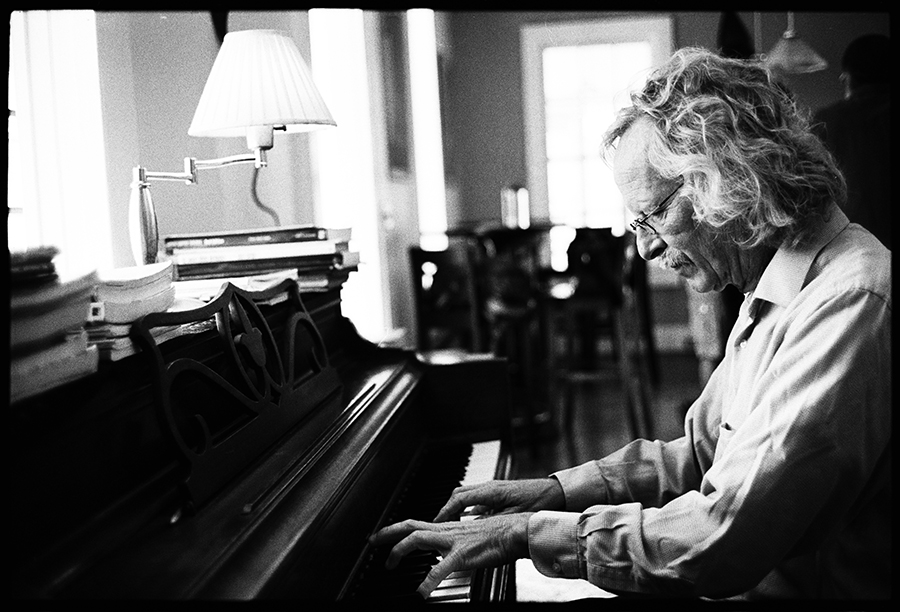Bill Quist is a trained classical pianist, but at a fundraiser on Tuesday for a forthcoming release of two CDs, one attendee described his . . .
Bolinas pianist Bill Quist fundraises for albums


Bill Quist is a trained classical pianist, but at a fundraiser on Tuesday for a forthcoming release of two CDs, one attendee described his . . .